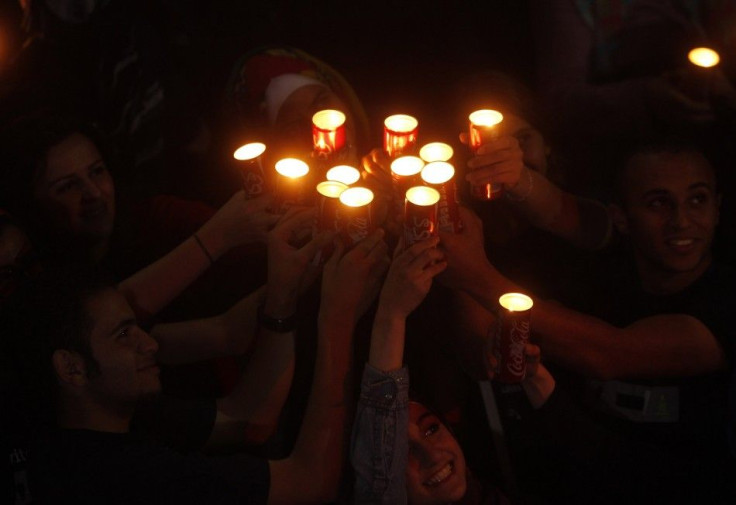World Bank Reports Climate Change Impacts are Inevitable

Heavy snow fall, heat waves and rise in sea level are some of the extreme weather conditions humanity has to endure the coming years even if nations work together to reduce greenhouse gas emissions. Climate scientists predict irreversible and disastrous impacts if global warming exceeds the 2-degree guardrail.
In a telephone news conference last Sunday, World Bank President Jim Yong Kim states that these climate change impacts may be unavoidable. World Bank's latest assessment in the Turn down the Heat series discusses the possible effects of these extreme changes on food and energy systems, ecosystem, water resources and ecosystem services. The study focuses on these three regions: Latin America and the Caribbean (LAC), the Middle East and North Africa (MENA) as well as parts of Europe and Central Asia (ECA). These countries have already been experiencing extreme heats, decrease in crop yields and damage to coastal areas. Details on the worst impacts are specified in the report.
On Dec 1-12, government authorities from 200 nations will meet in Peru to work on the new agreement that will be adopted in 2015, at the Paris climate conference. The 2015 agreement will unite binding and non-binding arrangements under the UN climate convention into a single comprehensive organization and will be implemented by 2020.
Environmental activists and civil society groups hope that world leaders would consider the urgency of taking serious actions to cut down greenhouse gas emissions to limit average temperature rise and to lessen the repercussions of climate change on peoples' welfare .
Nicolas Mombrial, head of Office at Oxfam International says, "The World Bank's report highlights that climate change is not just a threat far in the future but is already endangering the world's poor and the ability for the planet to feed us all. The report should give negotiators heading to Lima on December for the next round of climate talks renewed urgency to make clear progress towards a deal."




















